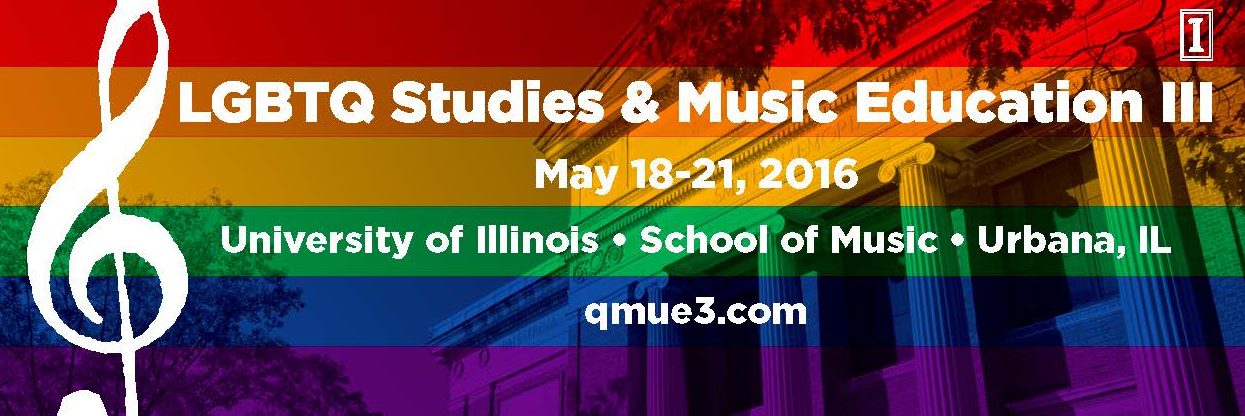Rita K. Kissen
University of Southern Maine
Title:
Singing For Our Lives: Lessons From the LGBT Choral Movement
Abstract:
On November 27, 1978, thousands of people gathered in front of San Francisco’s City Hall in an impromptu memorial service for Supervisor Harvey Milk, who had been assassinated earlier that day. Among the mourners were a fledgling group of singers who had only just come together. Someone passed out the music to Mendelssohn’s “Thou Lord, Our Refuge,” and the San Francisco Gay Men’s Chorus sang their first public performance to the stricken crowd. “The only way I could get through this was thinking, ‘You gotta help these people with their sorrow. Maybe we can sing this song and give them some solace,’” recalled Robert Rufo, a founding member of the chorus, over 30 years later.
Lesbian and gay choruses have been singing together for nearly a half century. Their stories form a proud legacy of queer musical activism, from the isolated singer taking her first steps out of the closet to the proud men and women singing at gay pride marches. LGBT choruses have sung to defy fear and invisibility, to create a spiritual home, and to support social justice movements all over the world. They have raised their voices in LGBT political struggles, mentored queer youth in LGBT youth choruses, showcased the work of LGBT composers, and, under the auspices of their parent organizations, Sister Singers Network and GALA, organized quadrennial Festivals where hundreds of choruses and thousands of singers join in celebration.
This paper will consider what music educators and their students can learn from this proud choral history. Beginning with Anna Crusis, the oldest feminist chorus still in existence, and the San Francisco Gay Men’s Chorus, the first chorus to use the word “Gay” in its title, I will follow the lesbian feminist and the gay male choral movements from their first small beginnings through the trauma of the AIDS crisis, which united lesbian and gay male choruses for the first time, to the present, when LGBT choruses stand in the forefront of the struggle for trans equality and continue their mission to change the world through song.

Leave a Reply
You must be logged in to post a comment.